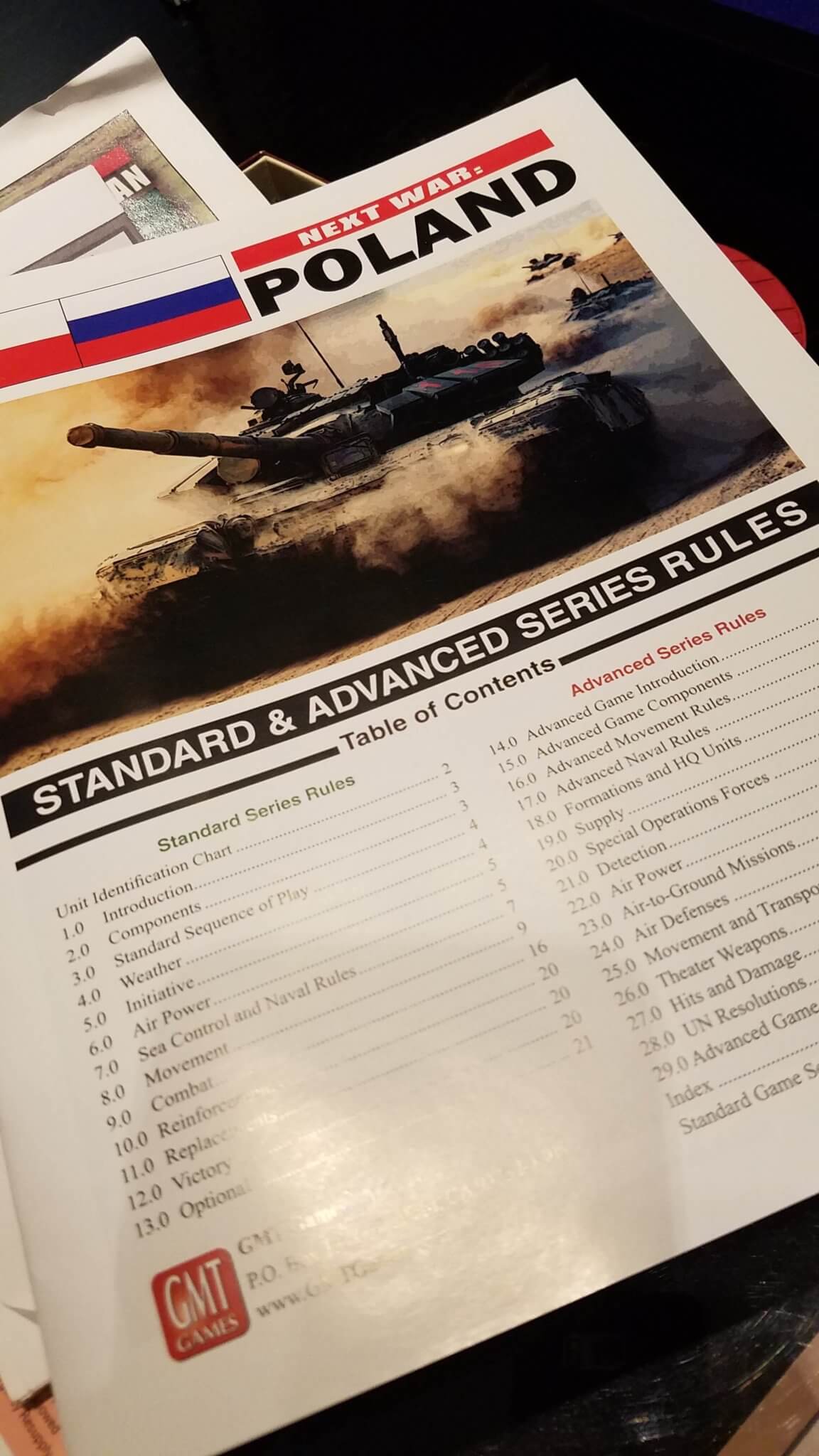Briefing:
Although Russia’s economy is reeling and its military forces are increasingly engaged in Syria and Ukraine, NATO commanders, governments and analysts are concerned that Russian President Vladimir Putin’s adventurism has not run its course. Most anxieties focus on the Baltic states as Russia’s next potential military target.
Russia has many advantages in the Baltics. The situation of Russians there, particularly in Estonia and Latvia where many Russians remain non-citizens, provides Moscow with an issue with which to stoke tensions.

Russia’s Federal Security Services have also devoted considerable attention to recruiting Baltic businessmen, politicians and former members of their ranks. Russian intelligence penetration of these states is at a high level, as is its media influence.
And it dominates the supply of energy and electricity to the Baltic states, and has not hesitated to use that leverage to influence these nations.
Furthermore, Russia’s conventional and nuclear deployments cover the entire Baltic Sea area. From its fortified base at Kaliningrad, Russia can project power not only into the Baltic Sea but also to Poland and even Germany.
By all accounts, Russia enjoys a wide margin of conventional superiority over NATO. Indeed, NATO commanders publicly and privately profess that given the strength of Russia’s capabilities on land, sea and air, NATO would suffer enormous casualties in any effort to defend the Baltic states from attack.
Coming soon – 0300

